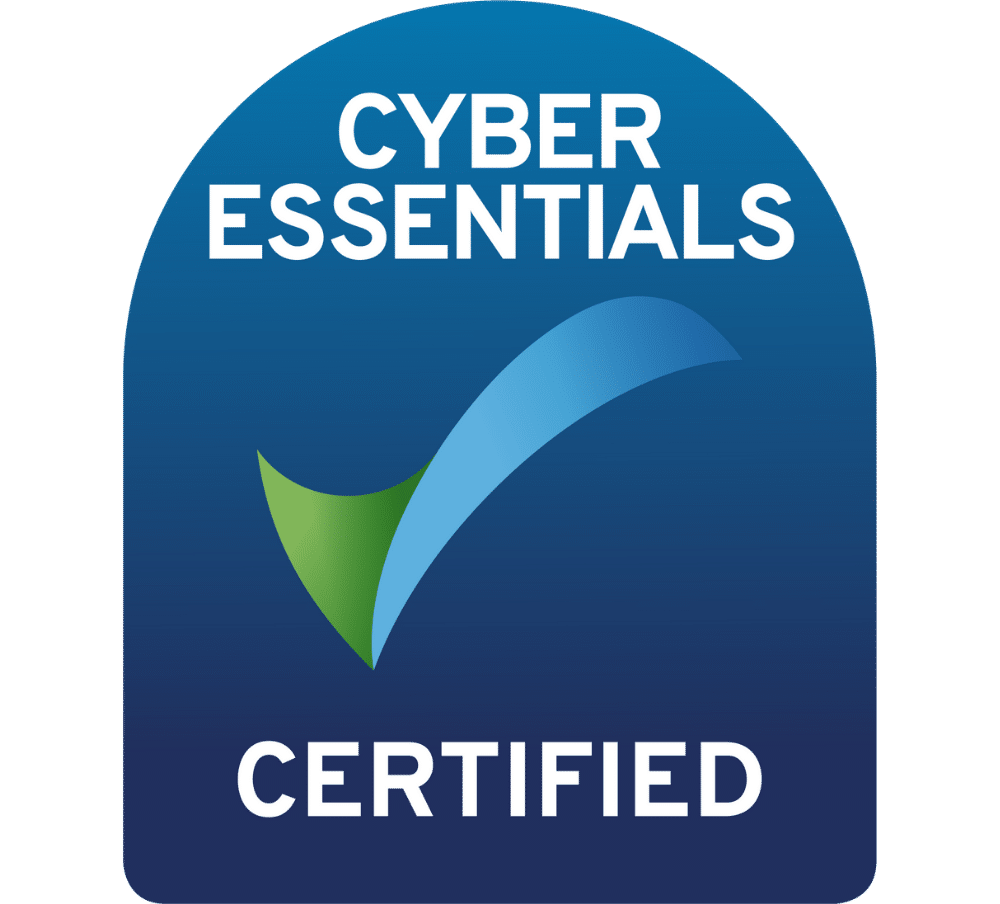Every company, be they large or small, should care about their search engine ranking. It’s the key to driving visitors and ultimately revenue to your business’s door.
There are many things to consider when search engine optimisation is being discussed, and there are many strategies a company can implement to enhance their performance, but one area which often goes undiscussed, despite its importance is On-Page SEO and Off-Page SEO, and how these two similar sounding, but very different factors impact a website’s performance.
To put it simply, On-Page SEO refers to the optimisation of your website’s pages; to make them rank higher with search engines. It refers to both your content and your source code. Off-Page SEO refers to the things you do away from your site, to drive content to it, such as generating links from other sites and influencers.
Both of these factors are hugely important, and an SEO strategy which takes them into account in equal measure is usual.
On-page SEO
To improve your on-page SEO you need to concentrate on the things you have direct control over, such as meta descriptions, title tags, headings, URL optimisation, alt text for your images and whether or not your content is optimised for mobile (given that more than 80 per cent of searches in Google are now generated by mobile devices).
You should ensure your content is delivered with efficient title tags, carefully considered keywords in your headings (H1) and alt text, and mobile friendliness as a bare minimum, this alone will have a positive impact on your on-page SEO.
Once you have this dialled in, you can get stuck in to your meta descriptions and begin habit forming. Use your keywords on your page’s description alongside a punchy, informative summation of what you’re offering. Avoid using auto-generated descriptions because, while some work out fine, the margin for error is too high, and they could negatively impact the perception of your content.
Off-page SEO
Off-page SEO is a different animal and it requires different strategies to grow and improve. Your off-site ranking is based upon your site’s authority, relevance and whether your content is trustworthy, it isn’t something that can be impacted overnight, but with care it will improve.
Good places to start with off-page SEO include building and creating shareable content, to help you cultivate natural backlinks – because these are the foundation upon which Off-Page SEO is built. You should also up your social media game, or if you aren’t on social media, get involved. Social media engagement is hugely important and will help you naturally grow your brand and communicate with your client base.
You could also seek out opportunities to provide content for other sites and businesses as a guest author, which will allow you to generate backlinks, and you can also use social bookmarking sites such as Reddit and Slashdot to get your content out there.
The biggest key to successful off-page SEO is consistency. Be consistent with the level of quality you provide and be consistent with your posts and engagement. Dropping plenty of content one week, then forgetting to do anything for a month won’t win your off-page SEO any prizes!
At the core of successful on-Page and off-Page SEO sits one all-powerful factor, however, and that is quality content! Work hard and provide content that people can trust, relate to and refer to, and you’ll be on the right road, even without any extra work.
Want to know more about how to SEO your website yourself? Check out our SEO in five weeks online course that will guide you through how to audit your own website, find the keywords your customers searchig for and help your Google rankings rise.






